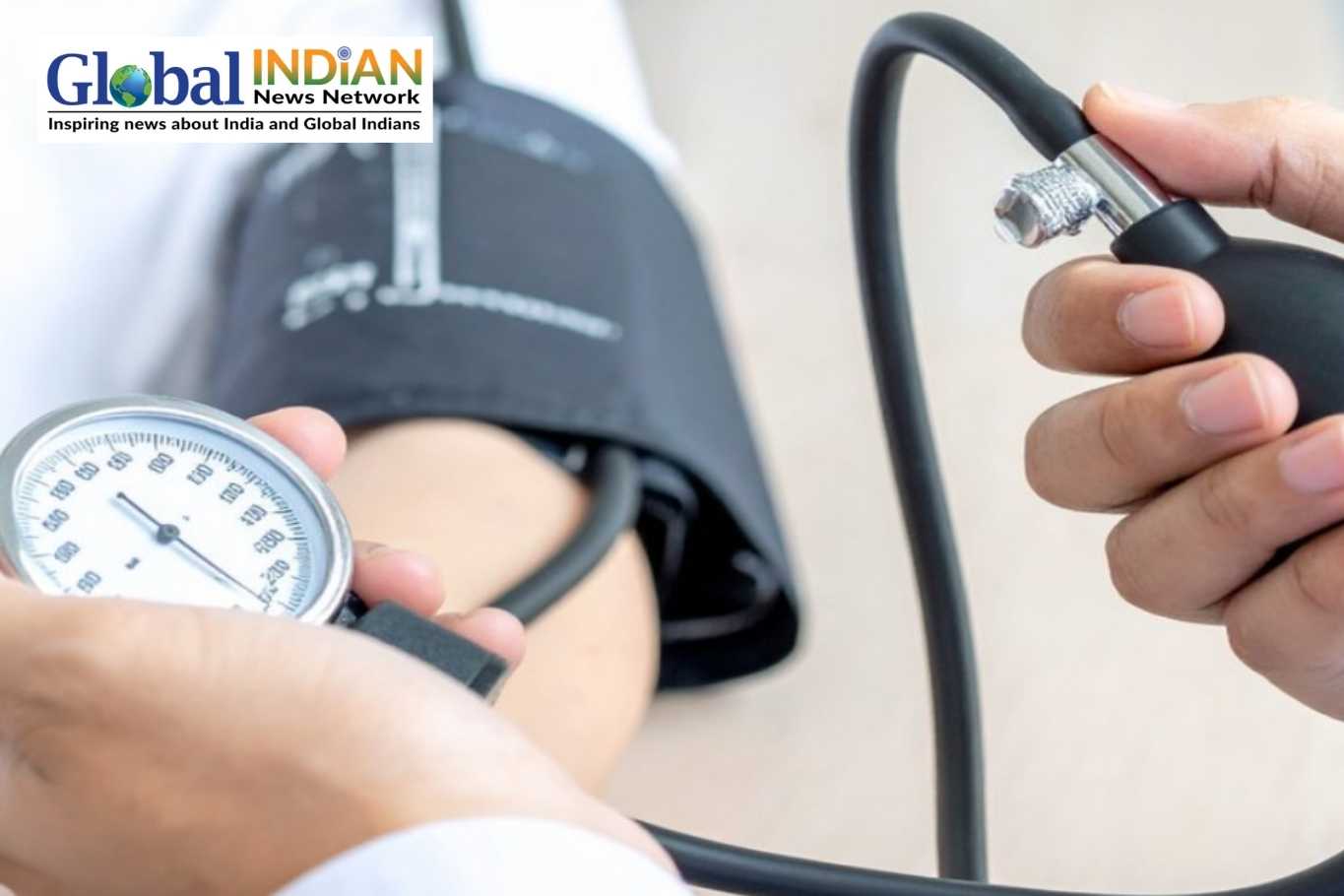 According to a recent study from researchers at the University of Waterloo in Canada, the optimal breakfast for men differs significantly from that of women. The research suggests that men’s metabolisms respond best to carbohydrate-rich meals after fasting overnight, while women may achieve better health outcomes with breakfasts that are higher in fat.
According to a recent study from researchers at the University of Waterloo in Canada, the optimal breakfast for men differs significantly from that of women. The research suggests that men’s metabolisms respond best to carbohydrate-rich meals after fasting overnight, while women may achieve better health outcomes with breakfasts that are higher in fat.
Selecting appropriate foods for breakfast not only impacts energy levels but may also assist in weight loss and maintenance. Metabolism involves a series of biochemical processes that convert nutrients into energy, support growth, and repair cellular damage.
The study utilized a mathematical model that enabled researchers to simulate how various dietary options affect men’s and women’s metabolic responses. This approach aimed to address gaps in knowledge regarding gender differences in fat processing, as previous medical research has predominantly focused on men’s health.
With the help of this model, researchers examined potential dietary outcomes for women, especially in areas where clinical data is lacking. The essential components of human nutrition include carbohydrates, fats, and proteins. It appears that women tend to utilize lipid metabolism more than men, who show a preference for carbohydrate metabolism.
The study’s authors highlight that understanding these metabolic differences is crucial, as they can lead to varied metabolic responses and health risks. The findings are published in the journal Computers in Biology and Medicine.
Breakfast Options: Carbohydrates vs. Fats
Michelle Routhenstein, MS, RD, CDCES, a Preventive Cardiology Dietitian not involved in the study, recommended breakfast foods for each gender. For men, she advised choosing macronutrient-balanced carbohydrate-rich meals with soluble fiber, such as oatmeal, smoothies, or yogurt bowls topped with berries and nuts.
In contrast, Routhenstein suggested women include heart-healthy fats in their breakfasts, such as chia pudding, vegetable omelets, or cottage cheese paired with flax seeds and apples.
Understanding Women’s Faster Fat Metabolism
Senior investigator Anita T. Layton, PhD, emphasized that women retain more fat during the absorptive phase but exhibit higher fat oxidation in the post-absorptive period. “Our model can help create tailored dietary recommendations that promote metabolic health and prevent complications like postprandial hyperglycemia or hypoglycemia,” she explained. Simulations can also reveal how specific body types respond to various meal compositions.
Layton pointed out that the increased reliance on fat metabolism among women is likely due to sex differences in liver and fat tissue. The female liver tends to direct more glycerol towards gluconeogenesis and conserves glycogen more than its male counterpart, leading to lower glucose output. This phenomenon promotes fat oxidation across other organs, resulting in higher fat metabolism overall.
The Role of Sex Differences in Nutrient Metabolism
In simple terms, Layton stated, “Women store more fat, but they also burn fat more effectively during prolonged exercise and are more efficient in metabolizing fat after fasting.” This is particularly crucial for meeting the high energy demands associated with pregnancy and lactation.
Layton also remarked on the complexities women face biologically, noting, “Unlike men, whose life stages are relatively straightforward, women navigate pregnancy and lactation, both of which require substantial nutrition and impose significant bodily changes.”
She added, “Many of the observed sex differences are adaptations that prepare women for the unique demands of reproduction.”
Routhenstein highlighted that, in heart health research, there’s growing acknowledgment that many past studies neglected women, leading to a conscious effort to prioritize research focused on women’s health, particularly during peri- and post-menopausal transitions.









